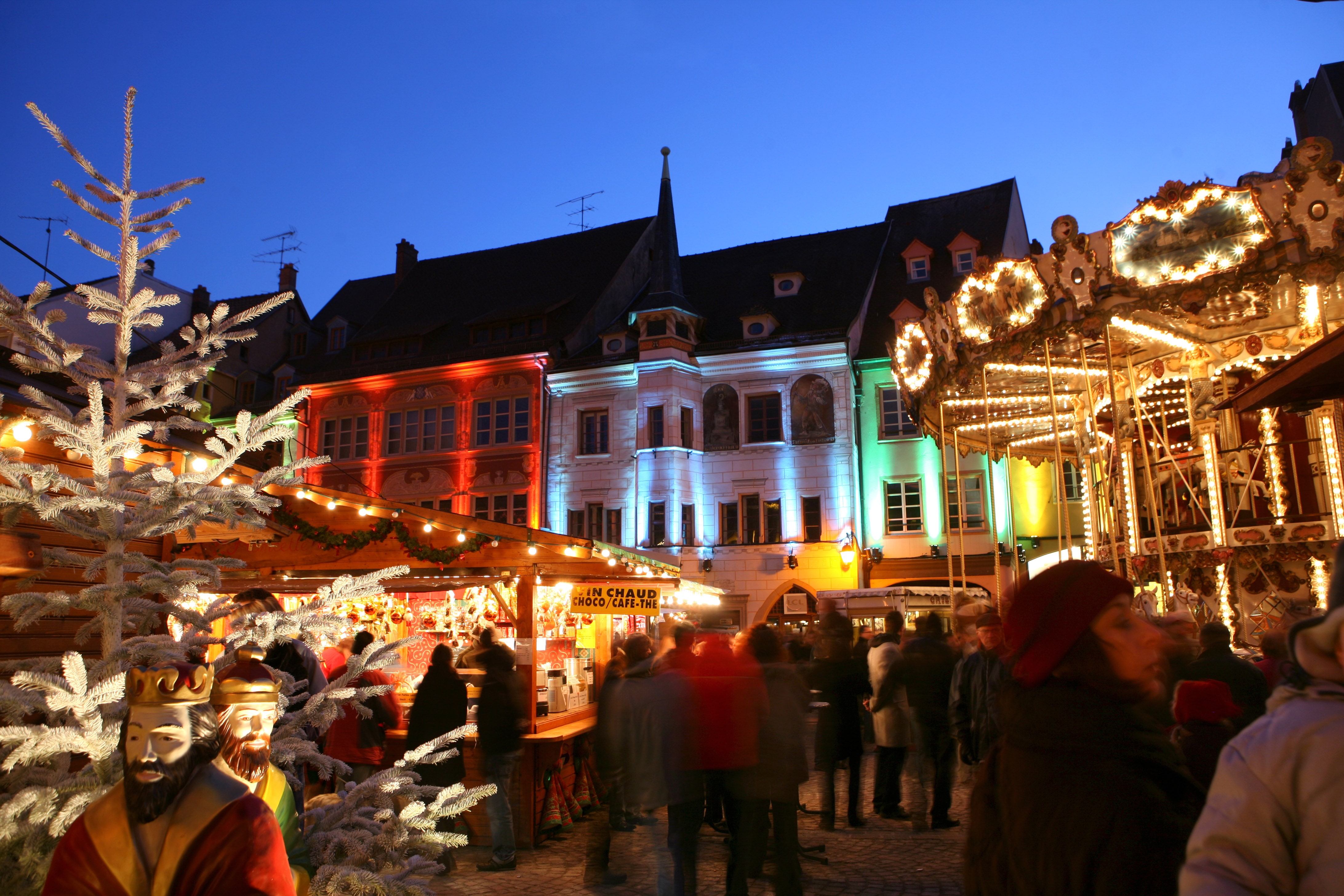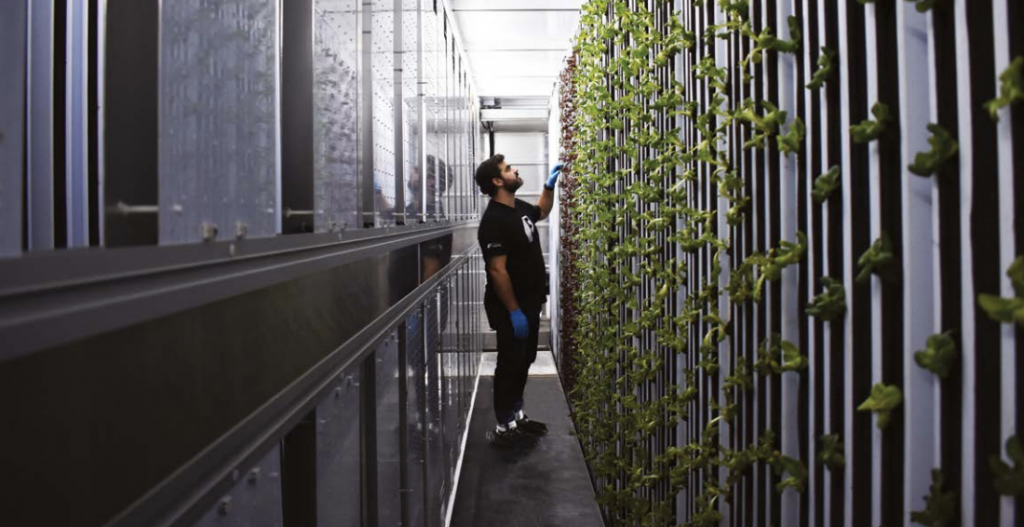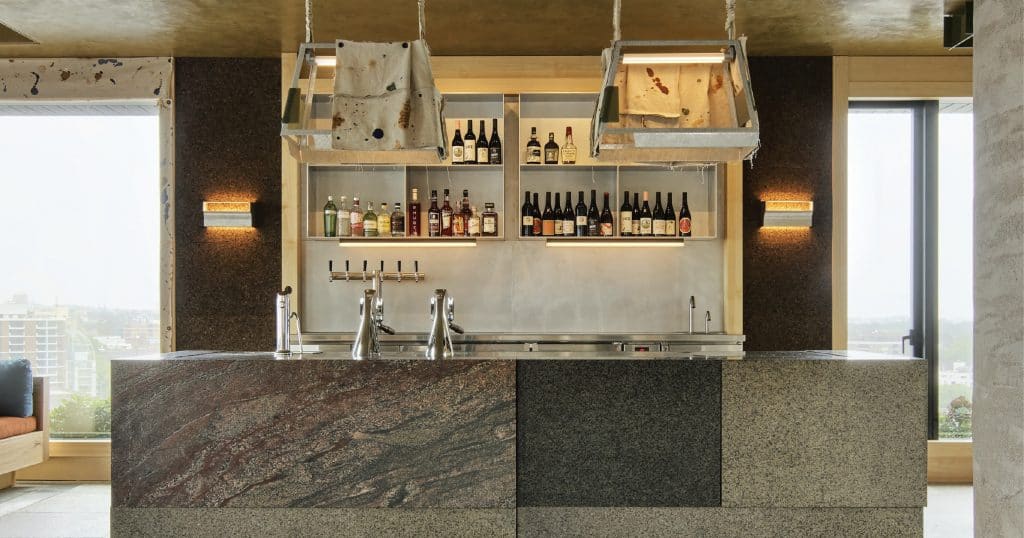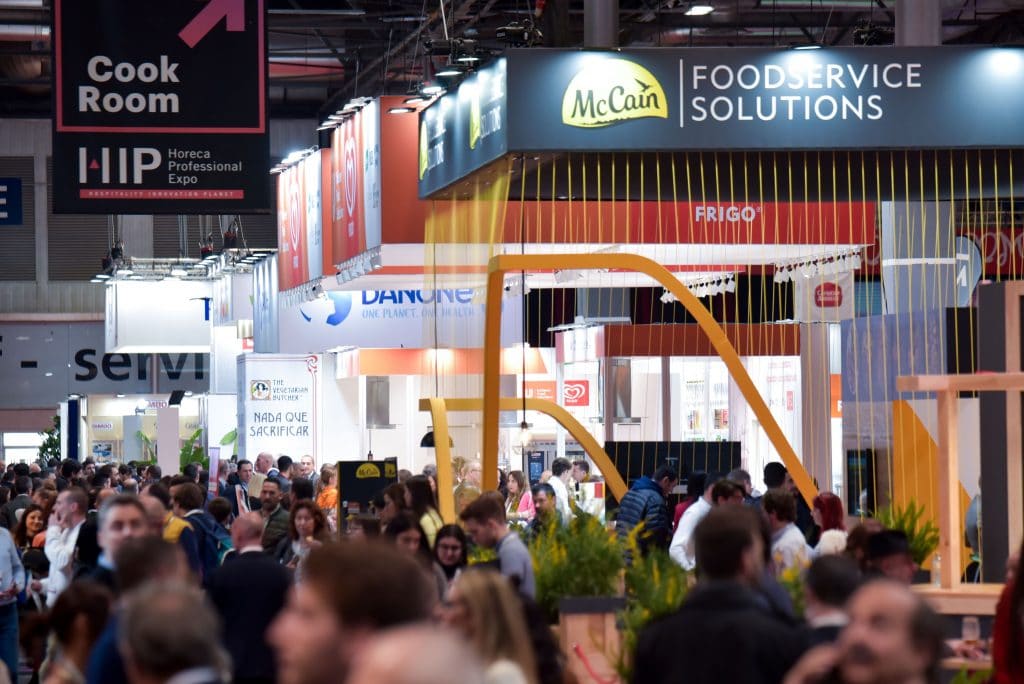
The pop-up hospitality industry has never been bigger, with pop-up dining increasing in popularity by a staggering 82%.
The benefits are clear for both sides. For customers, it’s the chance to experience something unique, that may not be there the week after. For businesses, it enables them to test the waters and see if their business could be a success; whilst enabling them to move around at very little cost.
Christmas markets
Christmas comes just once a year, but during December, festive markets descend on cities all over the country. Whilst the traditional chalet-style log cabins still reign supreme, there’s another option for stores to settle in: the shipping container.
Compact and secure, they’re ideal for busy Christmas markets, and can ensure products are stored safely overnight. In fact, if you drape some fairy lights across the roof and give it a festive makeover, visitors may not even realise it’s a container.
Food stalls
Street food is eaten by 2.5 billion people across the world every year. Street food has its origins in Asia, with the ever-popular night markets selling delicious food at rock bottom prices. Since then, it’s spread to North America and the UK and now you can find pop-up food stalls across the country.
Alongside this growing popularity, more pop-up food stalls are finding their homes inside shipping containers, with Pop Brixton a great example of this. Once a disused land space, this is now an area where independent businesses thrive, and is made entirely out of shipping containers. With 55 stores in total, many of them are home to food stalls, cooking up cuisine from all around the world.
Restaurants
The natural next step from pop-up food stalls are perhaps restaurants themselves. If you’ve ever been to Bristol’s Wapping Wharf, you’ve likely seen the CARGO area, filled with restaurants and other eateries.
But what’s different about these restaurants is that they’re all housed in shipping containers. Once you’ve stepped into one of the restaurants, you would never know you were inside a container: they’ve been decorated nicely, have a spacious seating area, and are filled with people enjoying the range of dishes.
It’s this versatility that makes shipping containers a popular option for pop-up restaurants. Electricity and water is easily installed, windows and doors can be created, and if space is an issue then you can fuse multiple containers together.
Just look at Wahaca on London’s Southbank – created from eight shipping centres, there’s enough space for 130 diners across two storeys.
If you decide to turn your pop-up restaurant into something more permanent, then that’s no problem – shipping containers are so durable, they can handle that transition. Wahaca for example, has been there since 2012.
Raising the bar
Shipping containers are also proving popular amongst pop-up bar owners; and can also be an ideal solution to bars undergoing renovations.
Chain pub Wetherspoons turned to shipping containers whilst their Bridgend pub was being refurbished. They created a pop-up bar in the beer garden in the form of a container; enabling staff to serve drinks to the locals like usual, until the refurbishment was complete.
With quirky bars on the rise, a shipping container can be an imaginative space to host a bar, especially if it’s a pop-up.
Food storage
Shipping containers were originally used to store products whilst they were being shipped overseas. The hospitality industry are spotting an opportunity in venturing back to these roots; storing ingredients in containers.
In fact, this is a viable opportunity for both pop-up and permanent caterers. For pop-ups, they’re unlikely to have any storage space, so a shipping container is an ideal solution, as it can easily move around with the business.
Alternatively, for permanent businesses that are perhaps having a refurbishment, having a shipping container means they’ve got an alternative space to store their products.
The strength and durability of containers means that products are well-protected, and break-ins are near impossible.
The versatility of shipping containers means that there is a growing trend for them outside their traditional use as a storage facility. With an increasing number of bars, restaurants, food stalls and more being housed inside containers; it seems likely that this will soon stop becoming a growing trend, and become a permanent, popular choice within the pop-up hospitality industry.
Lewis Penicott, Cleveland Containers




